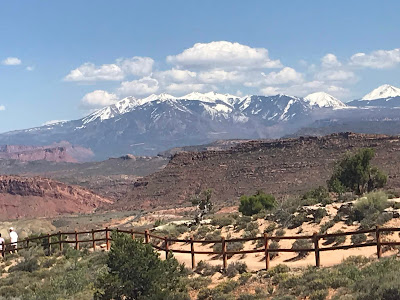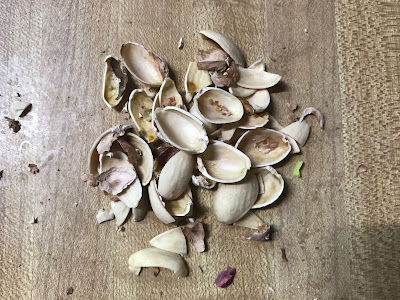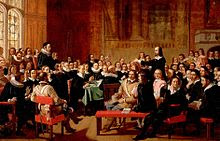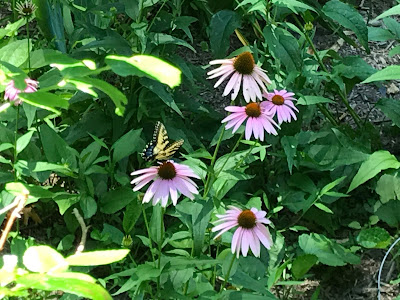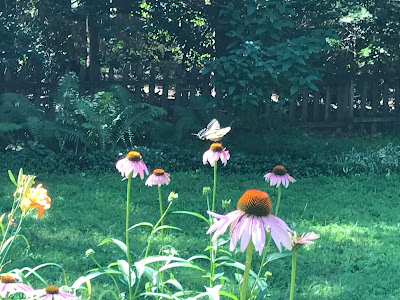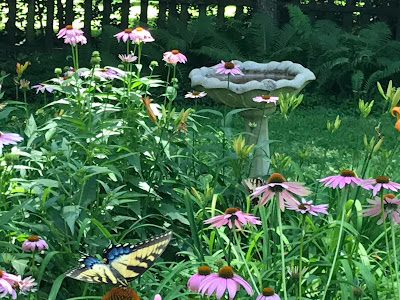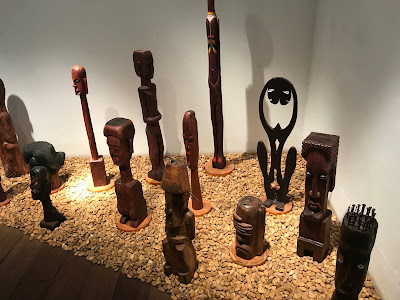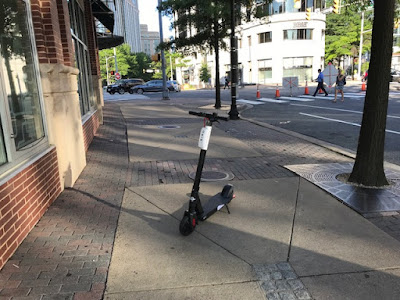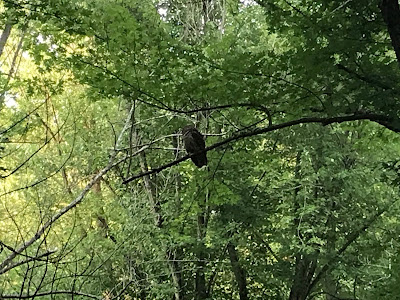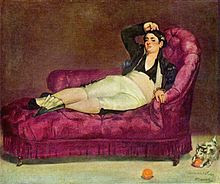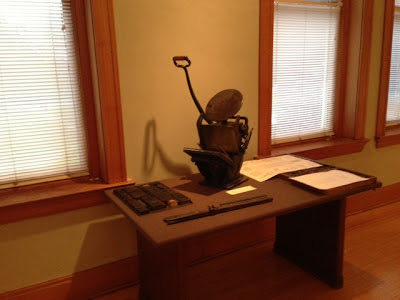Happy Independence Day!
On this Independence Day I imagine the sweep of this wide nation: its mountains and prairies, its red rock canyons and natural bridges, its cities and towns, filled this day with crisp flags flying.
I think of the cool stone walls along Pisgah Pike outside Lexington and the lilacs that hung heavy along Martins Pond Road in Groton. There were orchards there, too, and I would wander through them with Suzanne in a baby carrier on my back. She was just coming alive to the world.
I think of stepping out of Pennsylvania Station onto Seventh Avenue in Manhattan or standing on the brow of Petit Jean Mountain in Arkansas or snacking on wild blueberries outside Bar Harbor, Maine. And as I imagine all of this, I hear the cicadas singing and the crows cawing in my own backyard.
What holds these images in my mind, what makes them dear, are the people I love who have been with me on this journey. But beyond them is the beauty of a land loved and cared for — and the more than 327 million people who live in it.
It is a nation founded on liberty, a nation we celebrate today.
Happy Fourth!
